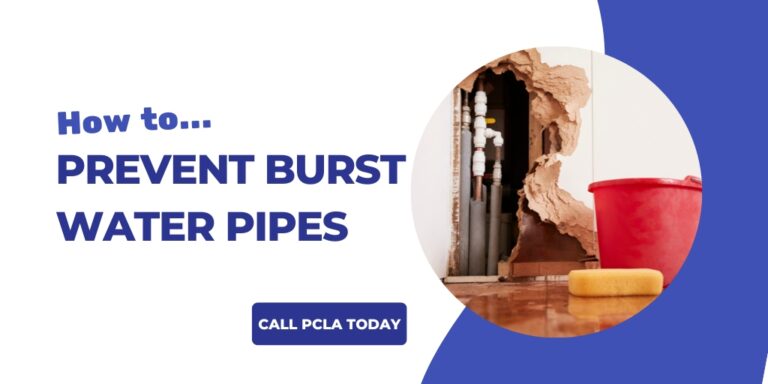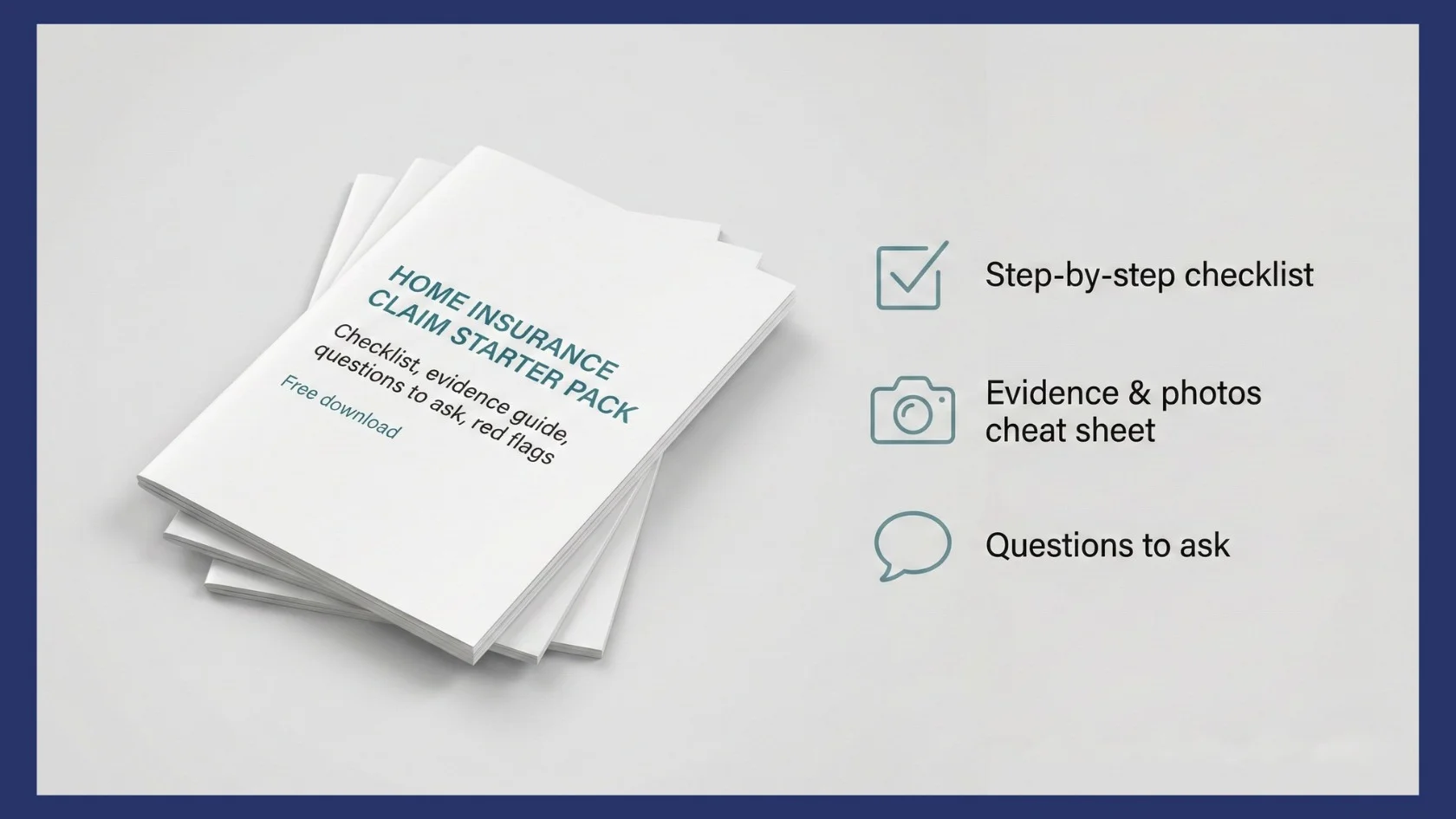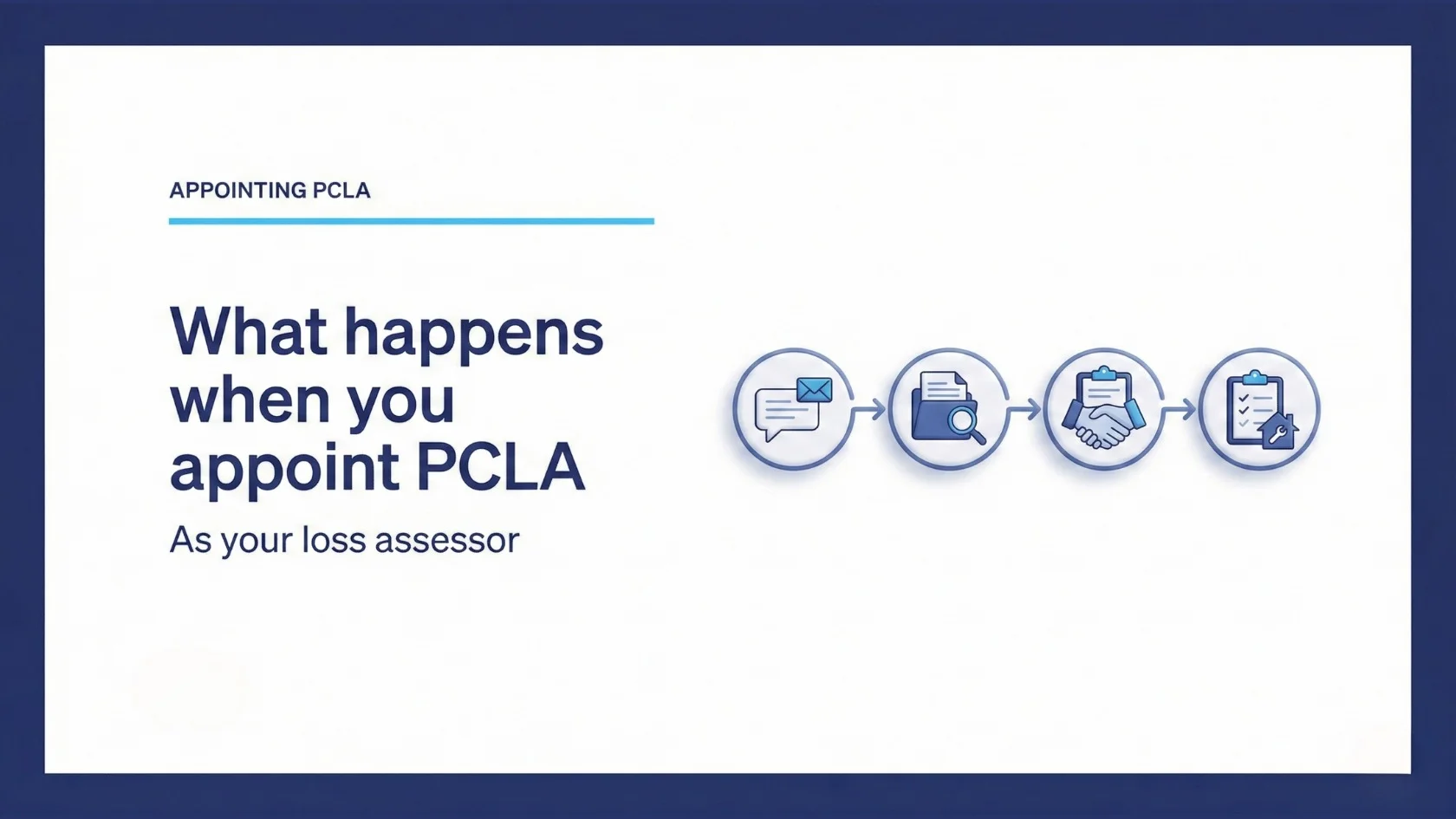Winter can be a beautiful season, but it also brings with it the risk of burst water pipes in your home. Burst pipes can cause extensive damage and costly repairs.
As the temperature drops, the risk of burst water pipes increases. When water freezes, it expands, putting pressure on your pipes and potentially causing them to burst. This can lead to flooding, water damage, and a headache you don’t want to deal with.
But fear not, there are steps you can take to prevent this winter disaster from happening. In this article, I will discuss essential winter home protection tips to help you avoid the headache and expense of burst water pipes.
Key Takeaways
- Insulate water pipes in colder rooms and areas to prevent them from bursting in cold weather.
- If you notice a burst pipe or leak, immediately turn off the water supply at the main stopcock, shut off the central heating, and open taps to drain the system.
- Most home insurance policies cover burst water pipes, so contact your insurer to inform them of the situation and check your policy for coverage details.
- Seek advice from professionals like PCLA Loss Assessors to help you through the insurance claims process and secure compensation.
How to prevent your pipes bursting
Insulating water pipes is an effective method for preventing them from bursting in cold weather, as it provides protection against the freezing and expansion of water within the pipes.
To ensure proper insulation, it is crucial to pay extra attention to colder rooms and areas such as the attic, basement, and outdoor spaces like garages. The use of polyethylene pipe lagging material, a flexible foam specifically designed for water pipe insulation, is recommended.
This insulation should be slid onto the pipes, covering them completely and leaving no gaps at bends, fittings, or valves.
It is important to note that even with insulation, there is still a possibility of a burst water pipe. In the event of a burst pipe or leak, it is essential to immediately turn off the water supply at the main stopcock, shut off the central heating, and open taps to drain the system.
Seeking professional advice from experts like PCLA Loss Assessors can facilitate the insurance claims process and we’ll make sure you get everything you’re entitled to.
Preparing for winter by insulating water pipes is a straightforward step towards safeguarding your home.
Here are four essential steps to prevent burst water pipes during winter:
- Insulate water pipes: Use polyethylene pipe lagging material, specifically designed for water pipe insulation. Slide the insulation onto the pipes, ensuring complete coverage and no gaps at bends, fittings, or valves. Pay extra attention to colder rooms and areas like the attic, basement, and outdoor spaces.
- Seal cracks and gaps: Inspect the areas around pipes for any cracks or gaps, and seal them using appropriate sealants or insulation materials. This helps to prevent cold air from reaching the pipes and causing them to freeze.
- Maintain adequate heating: Keep the temperature in your home above freezing, especially in areas where pipes are located. This can be done by maintaining a constant indoor temperature or using additional heating devices like space heaters.
- Drain outdoor taps and pipes: Disconnect and drain outdoor hoses, and shut off the water supply to outdoor taps. This prevents water from freezing and expanding within the pipes, reducing the risk of bursts.
By following these preventive measures, homeowners can minimise the likelihood of burst water pipes and the resulting damage and inconvenience.
Don’t let water damage ruin your life
When disaster strikes and your home is flooded, don’t panic. PCLA, based in Belfast, Northern Ireland, is here to help you get your full entitlement for water damage caused by burst pipes.
With our expertise and knowledge, we will guide you through the process and ensure you get the settlement you’re entitled to. Trust PCLA Loss Assessors to handle your claim with care and professionalism.
And with PCLA’s Leak Detection service, we’ll remove the stress and frustration that comes with burst pipes. Remember, we’re dedicated to helping you get a fast insurance settlement.
Our team of experts in Northern Ireland will assess the damage, gather evidence, and negotiate with insurance companies on your behalf. Let PCLA take the burden off your shoulders and fight for what you deserve.
Don’t let burst pipes and water damage drain your bank account. Call PCLA today and ask our team of experts to handle the paperwork and negotiate with the insurance company on your behalf.
Common Questions About Burst Water Pipes
Does insulating water pipes completely eliminate the risk of burst pipes in cold weather?
Insulating water pipes can greatly reduce the risk of burst pipes in cold weather, but it does not completely eliminate the possibility. Other factors such as extreme temperatures or faulty insulation can still contribute to pipe bursts.
What should I do if I notice a burst water pipe or leak in my home?
If you notice a burst water pipe or leak in your home, it is important to act quickly. Turn off the water supply at the main stopcock, shut off central heating, and open taps to drain the system. Seek advice from professionals like PCLA to navigate the insurance claims process and secure compensation.
Will my home insurance cover the damage caused by burst water pipes?
Home insurance policies typically cover damage caused by burst water pipes. It is important to inform your insurer of the situation and check your policy for coverage details. Seek advice from professionals like PCLA Loss Assessors for assistance with the insurance claims process.
How can PCLA Loss Assessors assist homeowners with burst water pipe insurance claims?
PCLA Loss Assessors can assist homeowners with burst water pipe insurance claims by providing expert advice, guiding them through the claims process, and helping them secure the compensation they are entitled to.
What other measures can be taken to prepare homes for winter and prevent problems like frozen pipes?
Other measures to prepare homes for winter and prevent frozen pipes include sealing any cracks or gaps in windows and doors, adding weatherstripping, insulating attics and basements, and using draft stoppers. It is also important to maintain a consistent temperature in the home and keep cabinets open to allow warm air to circulate around pipes.



